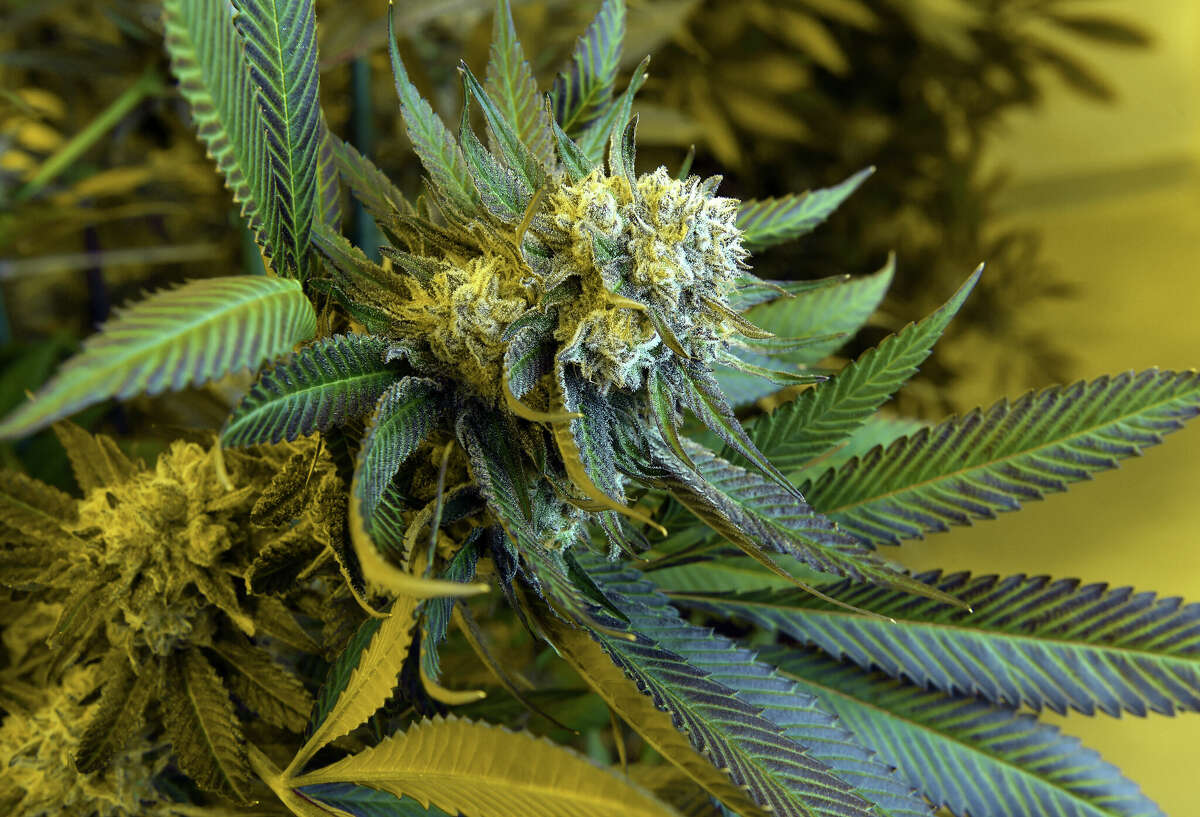
Certainly! Here’s a general guide to medical cannabis with https://gas-dank.com/shop:
Medical cannabis guide
- Understanding Medical Cannabis:
- Medical cannabis refers to the use of the cannabis plant or its extracts to treat medical conditions and alleviate symptoms.
- The two main active compounds in cannabis are THC (tetrahydrocannabinol) and CBD (cannabidiol), each with different effects on the body.
- THC is responsible for the psychoactive effects and may help with pain relief, nausea, and stimulating appetite.
- CBD does not produce a “high” and may have anti-inflammatory, analgesic, and calming effects.
- Medical Conditions Treated with Cannabis:
- Medical cannabis has been used to manage various conditions, including chronic pain, multiple sclerosis, epilepsy, cancer-related symptoms (such as nausea and appetite stimulation), glaucoma, and mental health disorders like anxiety and PTSD.
- It’s important to note that the effectiveness of medical cannabis varies for different individuals, and it may not be suitable for everyone.
- Obtaining Medical Cannabis:
- The laws and regulations regarding medical cannabis vary by country and even within different regions or states. Research the specific laws in your area.
- In many cases, patients must obtain a recommendation or prescription from a healthcare provider who is authorized to prescribe medical cannabis.
- Depending on the jurisdiction, medical cannabis may be obtained from licensed dispensaries or pharmacies.
- Different Forms of Medical Cannabis:
- Medical cannabis is available in various forms to suit different preferences and medical needs.
- Inhalation: Cannabis can be smoked or vaporized using devices like joints, pipes, or vaporizers.
- Oral consumption: Cannabis-infused edibles, oils, capsules, and tinctures can be ingested.
- Topical application: Creams, lotions, and patches infused with cannabis can be applied to the skin for localized relief.
- Sublingual: Some tinctures or sprays are designed to be placed under the tongue for quick absorption.
- Dosage and Safety:
- The appropriate dosage of medical cannabis varies depending on factors such as the individual’s condition, tolerance, and the specific product used.
- Start with a low dosage and gradually increase as needed while monitoring the effects.
- It’s crucial to discuss cannabis use with your healthcare provider, especially if you have pre-existing medical conditions, take other medications, or are pregnant or breastfeeding.
- Be aware of potential side effects, including drowsiness, dizziness, dry mouth, and impaired coordination. THC can also cause cognitive and memory effects.
- Legal Considerations:
- Stay informed about the legal status of medical cannabis in your area.
- Understand the rules and regulations surrounding possession, cultivation, and transportation of medical cannabis.
- Adhere to any licensing or registration requirements, if applicable.

Remember, this is a general guide, and it’s essential to consult with a healthcare provider who is knowledgeable about medical cannabis for personalized advice based on your specific circumstances.